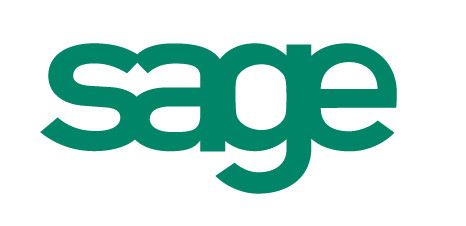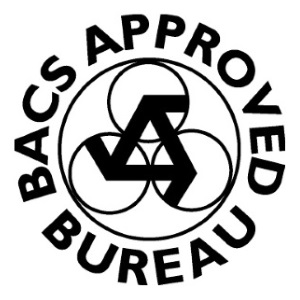Can my business get insured after insolvency?
For businesses that have undergone insolvency, securing insurance can be a challenge. Many insurers view a history of financial distress as a high-risk factor, which can lead to higher premiums or outright policy refusals. However, while insolvency can make obtaining cover more complex, it is not necessarily an insurmountable obstacle.
If your business has gone through liquidation, Administration, or a Company Voluntary Arrangement (CVA), it is still possible to find insurance, though the process may require specialist guidance. At Bennett Verby Corporate Recovery, we help businesses navigate post-insolvency challenges, including securing suitable insurance to safeguard their future.
How Does Insolvency Affect Business Insurance?
Insurance providers assess risk when offering policies, and insolvency is a red flag. Businesses that have struggled financially may be seen as more likely to make claims, miss payments, or enter financial difficulty again. This can result in:
- Higher Premiums – Insurers may charge more to offset the perceived risk.
- Limited Policy Options – Some insurers may refuse cover or offer fewer options.
- Additional Scrutiny – Companies may be required to provide detailed financial information and evidence of stability.
Types of Insurance Available After Insolvency
While mainstream insurers may be reluctant to provide cover, certain policies are still accessible to businesses that have gone through insolvency:
1. Employers’ Liability Insurance
A legal requirement for businesses with employees, this insurance is still obtainable post-insolvency. However, expect stricter underwriting and potentially higher premiums.
2. Public Liability Insurance
Essential for businesses dealing with the public, public liability insurance can still be secured, though some providers may impose additional restrictions or increased excess fees.
3. Professional Indemnity Insurance
Businesses offering professional services may still qualify for professional indemnity cover, though past insolvency could lead to exclusions or higher costs.
4. Directors and Officers (D&O) Insurance
For company directors, D&O insurance provides protection against legal claims relating to past insolvency events. Some providers specialise in offering this type of policy to directors of previously insolvent firms.
5. Business Property and Contents Insurance
Property and asset insurance may be more difficult to obtain following insolvency, especially if the business has a poor credit history. However, specialist insurers can provide tailored policies.
Factors That Influence Post-Insolvency Insurance
Several factors impact whether an insurer will provide cover and at what cost:
- Type of Insolvency – A CVA or Administration may be viewed more favourably than liquidation or bankruptcy.
- Time Since Insolvency – The longer the period since insolvency, the better the chances of obtaining affordable cover.
- Financial Stability – Demonstrating improved cash flow, stable revenue, and responsible financial management can reassure insurers.
- Industry and Business Model – Certain industries (e.g., construction or finance) may face stricter scrutiny compared to others.
How to Improve Your Chances of Getting Insurance
If your business has experienced insolvency, taking the following steps can improve your chances of securing insurance:
1. Work with Specialist Insurance Brokers
There are brokers who focus on finding cover for businesses with financial difficulties. They have access to niche insurers who understand post-insolvency risks.
2. Be Transparent About Past Insolvency
Hiding previous insolvency from insurers can result in rejected claims or policy cancellations. Always disclose your business history upfront.
3. Demonstrate Financial Recovery
Providing evidence of improved financial management, such as audited accounts and stable cash flow, can reassure insurers.
4. Offer Personal Guarantees or Security
Some insurers may require directors to provide personal guarantees or additional security to approve a policy.
5. Improve Business Credit Rating
A stronger business credit profile can help mitigate the impact of past insolvency. Consider working with credit agencies to enhance your score.
Can Directors Get Insurance After Business Insolvency?
If you were a director of a company that became insolvent, you may face difficulties obtaining business insurance for a new venture. Insurers often assess the history of company directors, meaning:
- Previous insolvency can impact personal eligibility for business policies.
- Some insurers may refuse cover if directors have multiple insolvencies.
- D&O insurance is recommended to protect against claims related to previous insolvencies.
Directors should work with experienced brokers to find insurers willing to provide cover despite past insolvency.
Need Expert Help? Contact Bennett Verby Corporate Recovery
If you are struggling to secure insurance after insolvency, expert advice can make a significant difference. At Bennett Verby Corporate Recovery, we specialise in helping businesses rebuild after financial distress. Our team can provide guidance on post-insolvency challenges.
Contact us today to discuss your options and take the next step towards protecting your business.












